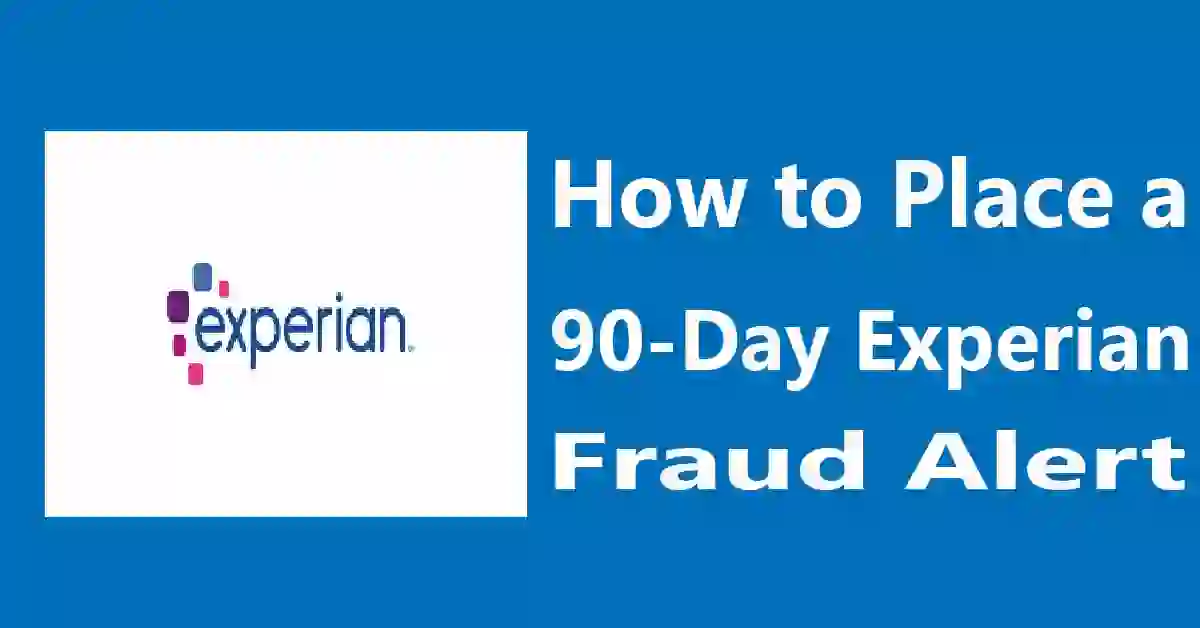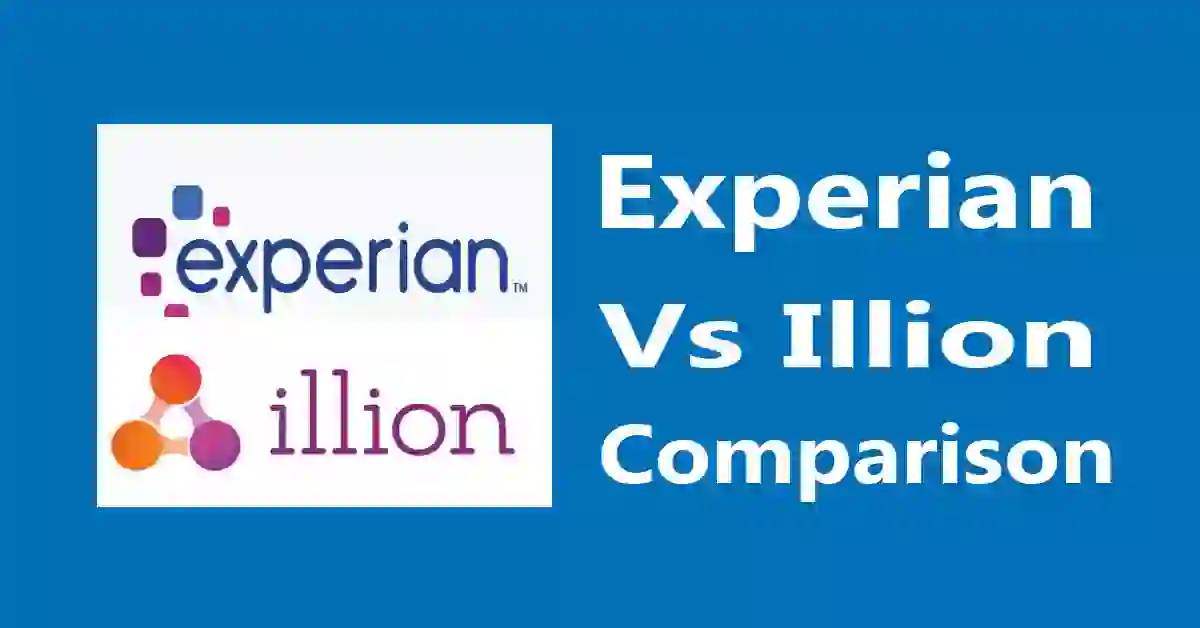How to Place a 90-Day Experian Fraud Alert: A Comprehensive Guide
In today’s digital world protecting your personal and financial info from identity theft and fraud is more important than ever. One tool available to consumers is the fraud alert offered by credit reporting agencies like Experian. This post will cover Experian’s 90 day fraud alert, what it is, how it works and how you can use it to protect your financial identity.
What is a Fraud Alert?
A fraud alert is a notation on your credit report that lets potential creditors know you may have been a victim of fraud or identity theft. They will take extra steps to verify your identity before opening new accounts or making changes to existing ones. There are three types of fraud alerts:
- Initial Fraud Alert: 90 days, can be renewed. Used when you think you might be at risk of fraud.
- Extended Fraud Alert: 7 years, requires police report. For confirmed victims of identity theft.
- Active Duty Alert: 1 year, for military personnel who want to protect their credit while deployed.
Experian’s 90 Day Fraud Alert
Experian’s 90 day fraud alert is an initial fraud alert to give you temporary protection if you think you are at risk of identity theft. This is useful if you’ve lost your wallet, had personal info exposed in a data breach or noticed suspicious activity on your accounts.
How Does the 90 Day Fraud Alert Work?
When you file a 90 day fraud alert with Experian, they will add a notation to your credit report. Here’s a step by step breakdown:
- Requesting the Alert: You can request a fraud alert online, by phone or by mail. Once you file the alert with Experian, they will notify the other two major credit reporting agencies (Equifax and TransUnion) on your behalf.
- Credit Report Notification: The fraud alert will be added to your credit report and lenders and creditors will see it when they pull your credit report and will take extra steps to verify your identity before opening new accounts.
- Verification Process: Potential creditors and lenders will see the alert when they pull your credit report and will contact you directly to verify your identity before making any changes to existing accounts.
- Renewal: The initial fraud alert is 90 days. If you still feel at risk after that you can renew the alert for another 90 days.
90-Day Fraud Alert Benefits
- Immediate Protection: A 90-day fraud alert gives you immediate, temporary protection against identity theft and fraud. It’s a quick fix.
- Free: Placing a fraud alert with Experian is free. So it’s an option for anyone who wants to be protected.
- Easy to do: Setting up a fraud alert is simple and can be done online, by phone or by mail. Experian also notifies the other credit bureaus for you.
- Extra Protection: By placing a fraud alert you add an extra layer of protection to your credit report so it’s harder for identity thieves to open accounts in your name.
How to Place a 90-Day Experian Fraud Alert
Placing a 90-day fraud alert with Experian is easy. Here’s how:
- Online: Go to the Experian website (https://www.experian.com) and go to the fraud alert section. Fill out the form with your personal info and submit.
- By Phone: Call Experian’s fraud alert line at 1-888-EXPERIAN (1-888-397-3742). Follow the prompts to place a fraud alert on your credit report.
- By Mail: Send a written request to Experian. Include your full name, Social Security number, date of birth, current and previous addresses and a copy of a government-issued ID along with a utility bill or bank statement to verify your address.
What to Do After a 90-Day Fraud Alert
After you’ve placed a 90-day fraud alert there are several things you should do to add extra protection:
- Monitor Your Credit Reports: Review your credit reports regularly for any unauthorized activity. You’re entitled to a free credit report from each of the three major bureaus once every 12 months through AnnualCreditReport.com.
- Stay Alert: Be on the lookout for signs of identity theft such as unfamiliar accounts or inquiries on your credit report, unexpected bills or notices from collection agencies for debts you don’t recognize.
- Lock Down Your Info: Take steps to secure your personal information. This means using strong, unique passwords for your online accounts, enabling two-factor authentication and being careful about sharing your info online.
- Consider a Credit Freeze: If you want to go the extra mile consider placing a credit freeze on your credit reports. A credit freeze prevents creditors from accessing your credit report entirely so it’s almost impossible for identity thieves to open accounts in your name.
90 Day Fraud Alert FAQs
Will a Fraud Alert Hurt My Credit Score?
No, a fraud alert won’t. It just adds a note to your credit report so creditors know there may be fraud.
Can I Apply for Credit with a Fraud Alert?
Yes, you can still apply for credit while a fraud alert is active. However, creditors will take additional steps to verify your identity before approving any applications
How Many Times Can I Renew the 90 Day Fraud Alert?
You can renew the 90 day fraud alert as many times as you want. If you still feel at risk after 90 days just request a renewal.
Summary
Experian’s 90 day fraud alert is a good tool to use to protect your identity. Whether you’ve been a victim of a data breach, lost your wallet or just want to add an extra layer of security to your credit report a fraud alert will give you immediate protection. By knowing how fraud alerts work and being proactive with your personal info you can minimize your risk of identity theft and fraud.
You’ll be good. Just stay vigilant and proactive. Monitor your credit reports, keep your personal info secure and use fraud alerts and credit freezes to stay ahead of the identity thieves. If you have questions about your credit or think you may be at risk just don’t wait, take action and use the tools to protect yourself.






It’s going to be finish of mine day, but befoe finish I am reading this great piece of writing to increase my know-how. https://Evolution.org.ua/